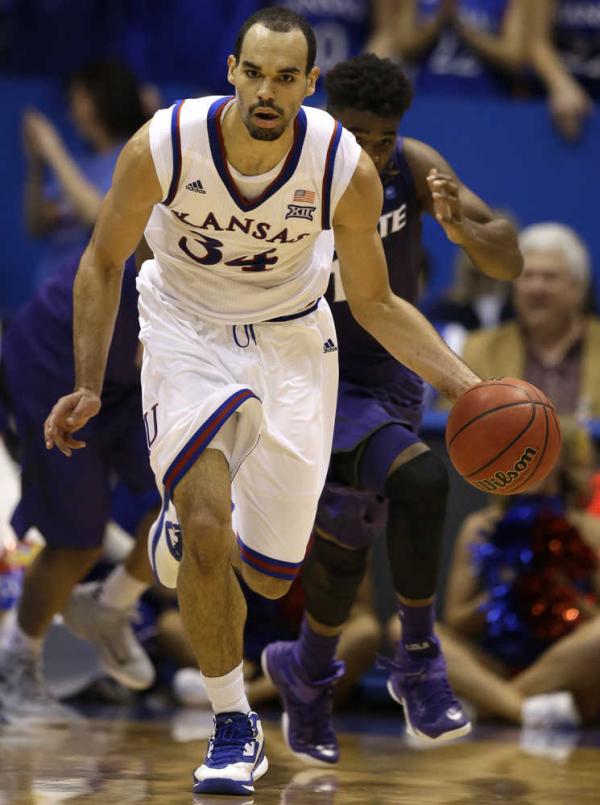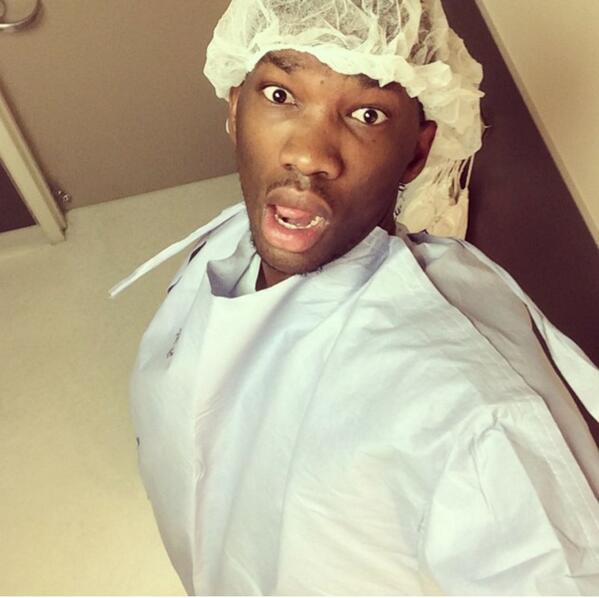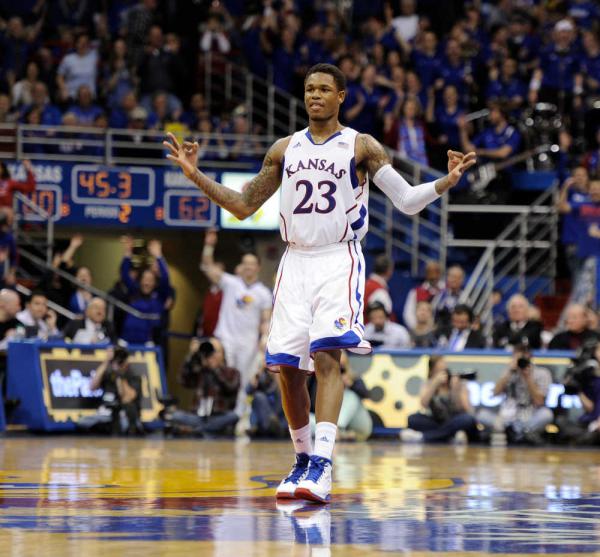 A coach once told me, “If you’re not getting better, you’re getting worse.” It makes sense, I suppose. Rarely does one’s basketball value simply stay at a perfect constant and, well, “practice makes perfect,” or whatever. But in economics, we learn about the principle of diminishing returns — adding more of one factor of production, while holding all others constant, will at some point yield lower returns. Age, for instance, creates such a diminishing return in basketball. Otherwise, MJ and Kobe would play until their deaths. Last, Kesha famously told us, “We R Who We R” [sic]. It’s close to Exodus 3:14 (I am who I am), but more fresh because it’s Kesha.
A coach once told me, “If you’re not getting better, you’re getting worse.” It makes sense, I suppose. Rarely does one’s basketball value simply stay at a perfect constant and, well, “practice makes perfect,” or whatever. But in economics, we learn about the principle of diminishing returns — adding more of one factor of production, while holding all others constant, will at some point yield lower returns. Age, for instance, creates such a diminishing return in basketball. Otherwise, MJ and Kobe would play until their deaths. Last, Kesha famously told us, “We R Who We R” [sic]. It’s close to Exodus 3:14 (I am who I am), but more fresh because it’s Kesha.
What does the coach, professor, and Kesha have to do with Perry Ellis’ value as a professional basketball prospect, you ask?
They all tell us he needs to declare for the NBA draft right now. Following his junior year. And if I were him, I’d do it too.
Let’s take a look at the current state of the NBA draft.
There’s an adage that the NBA only drafts on “potential” these days. Crusty old KU fans in their bath robes reading the daily newspaper about Kelly Oubre going pro after his freshman season — when he only averaged 9 PPG — just doesn’t add up. Alas, he’s still a projected lottery pick. And it comes down to potential, right?
A look at how NBA teams approach a draft should include a review of risk tolerance. After all, teams generally get one shot (per round) at adding a new piece to the team. With the rookie wage scale in effect (contracts are more or less predetermined by draft slot), teams with a higher risk tolerance should take the “riskier” player because the contract will not impact the team’s bottom line. The contracts are short and team options do not need to be picked up if the pick doesn’t work out.
In other words, there’s little to no risk involved in taking a “risky” player, especially in the last half of the draft.
[I should stop and note that obviously GMs have lost their jobs over bad drafts. There's certainly risk associated with choosing the wrong guy in the first 10 picks. But for our purposes, we're not looking at the top 10 picks. Even the top 20 picks. We're looking at the bottom of the first round and into the second round (where contracts are not guaranteed at all)].
But what defines a risky player over a safe one? Is it age, intangibles, off-the-court issues, or measurables? It can be all of those things, but risk, at least to me, involves exposing yourself to the unknown. If you watch a player for three years in college do largely the same things, you have a pretty good idea of that player’s risk (and upside). On the other hand, if you watch a player for one year in college struggle at times, but show glimpses of all-world talent, that risk (and upside) is higher and more attractive for a later pick.
The unknown is intriguing. And it’s tempting. The known is boring.
Sure, some teams have lower risk tolerance, but they are rare. Teams that are already “built” may be looking for a program-type guy, a solid if unspectacular bench player, a reliable option that won’t rock the boat. Those teams are not very common, though. So we can expect that most teams are looking for upside, especially throughout the last half of the draft. The unknown is intriguing, after all.
Let’s bring this back to Perry Ellis.
Coach tells us if you’re not getting better you’re getting worse. I personally believe most scouts think Perry’s value to the NBA is already known. If he leaves now, he’ll likely be a second round pick. If he returns and plays at an all Big-12 level again (which is more or less a guarantee), he’ll still likely be a second round pick next year. As a result, his value is probably not getting better.
Kesha would say that he is who he is.
If Perry’s NBA draft value is not getting better, does that mean it’s getting worse? Maybe not in terms of draft slot – but in time value of money, one additional year as a professional, and one more year of learning and harnessing his craft in a way that will give him a lasting role in the pro ball and not as a college power forward? Yes. It will be getting worse.
As a result, Perry has hit a point of diminishing returns when it comes to his professional basketball value. Putting in more time and energy in college basketball will likely return less in the long run. Declaring for the NBA draft makes sense, even if it doesn’t work out in the NBA and he ends up playing professionally overseas for the next decade.
Just looking at the past two drafts, in 2013, 3 seniors were taken in the 1st round and 15 in the 2nd round. In 2014, 5 seniors were selected in the 1st round, and 12 in the second round. Even though it’s probably not fair, unless a senior is a late bloomer, he is most likely to be taken in the 2nd round. There are obviously tons of reasons for this, but one is certainly that the player’s value (and upside) is mostly known.
Perry may want a degree. He may want to chase a 4th Big 12 title ring and he may want to make a run in the NCAA tournament. He may want to go down as one of KU’s all time leading scorers. Hell, maybe he just loves college and doesn’t want to be a grownup yet. If any of those things are true, he’ll be back and it will make sense because that’s his personal motivation.
But if his motivation is a career in professional basketball, as a vast majority of high major basketball players generally is, he’ll be wise to look at the NBA draft this year and forgo his senior year at Kansas. After all, the clock has already started on his professional basketball career.
TiK ToK, if you will.
Photo Credit: CJOnline, Huffington Post





